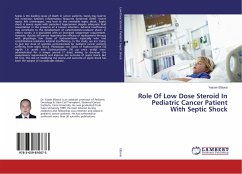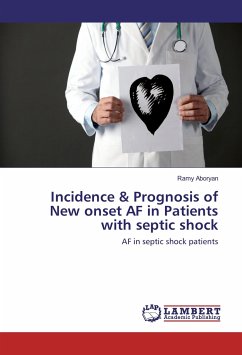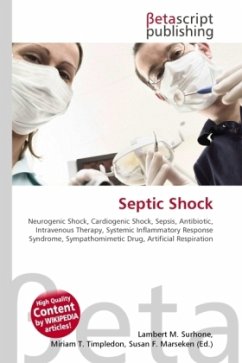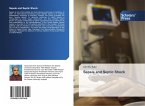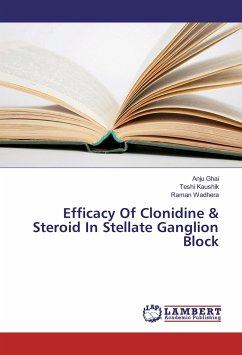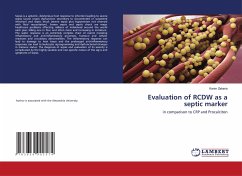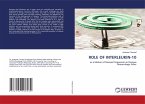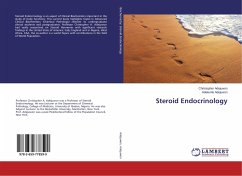Sepsis is the leading cause of death in cancer patients. Sepsis may lead to the notorious Systemic Inflammatory Response Syndrome (SIRS). Severe sepsis, left unmanaged, may lead to the inevitable septic shock. Septic shock is severe sepsis with persistent hypotension despite adequate fluid resuscitation in the presence of a known infection. Adrenal insufficiency may contribute to the development of catecholamine-resistant shock; in others words; it is associated with an increased vasopressor requirement. However, doubts still persist regarding the efficacy of replacement therapy with physiologic low doses of hydrocortisone especially who had catecholamine-resistance adrenal insufficiency. In this study, we are trying to give low dose of systemic corticosteroids for pediatric cancer patients suffering from septic shock. Physiologic low doses of hydrocortisone (50 mg/6h I.V. push) and fludrocortisone (50 µg once orally) were administrated for a longer period (7 days) aiming to decrease the vasopressors requirements and improve the outcome of septic shock. But till now, this role on modifying the course and outcome of septic shock has been the subject of considerable debate.

